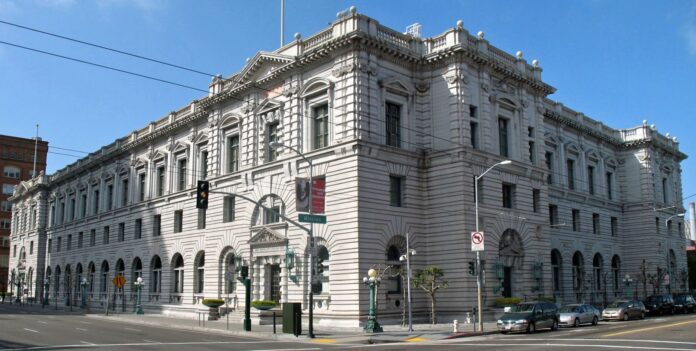The Ninth Circuit declined Friday to reconsider its decision that allowed C.R. Bard to seek royalties on sales of a vascular stent device even after the expiration of its U.S. patent, rejecting Atrium Medical Corp.’s petition for a rehearing in the $53 million bench trial appeal.
In a one-page order, the three-judge panel voted against Atrium’s rehearing petition, and no judge on the full Ninth Circuit requested a vote to rehear the matter en banc.
The ruling in question, issued in August, revived Bard’s lawsuit, which alleged that Atrium had violated a deal to pay annual royalties on sales of the iCast vascular stent device. Bard had sued for $53 million after an Arizona federal judge dismissed its claims following a bench trial. The Ninth Circuit’s panel disagreed with the lower court’s ruling, stating that Bard had not engaged in patent misuse by continuing to seek royalties after the expiration of its U.S. patent in 2019.
The appeals court held that Bard’s actions were justified because the company also owned a parallel Canadian patent, which remains active until 2024. The panel ruled that Bard could still seek royalties on sales made in Canada despite the expiration of its U.S. patent.



